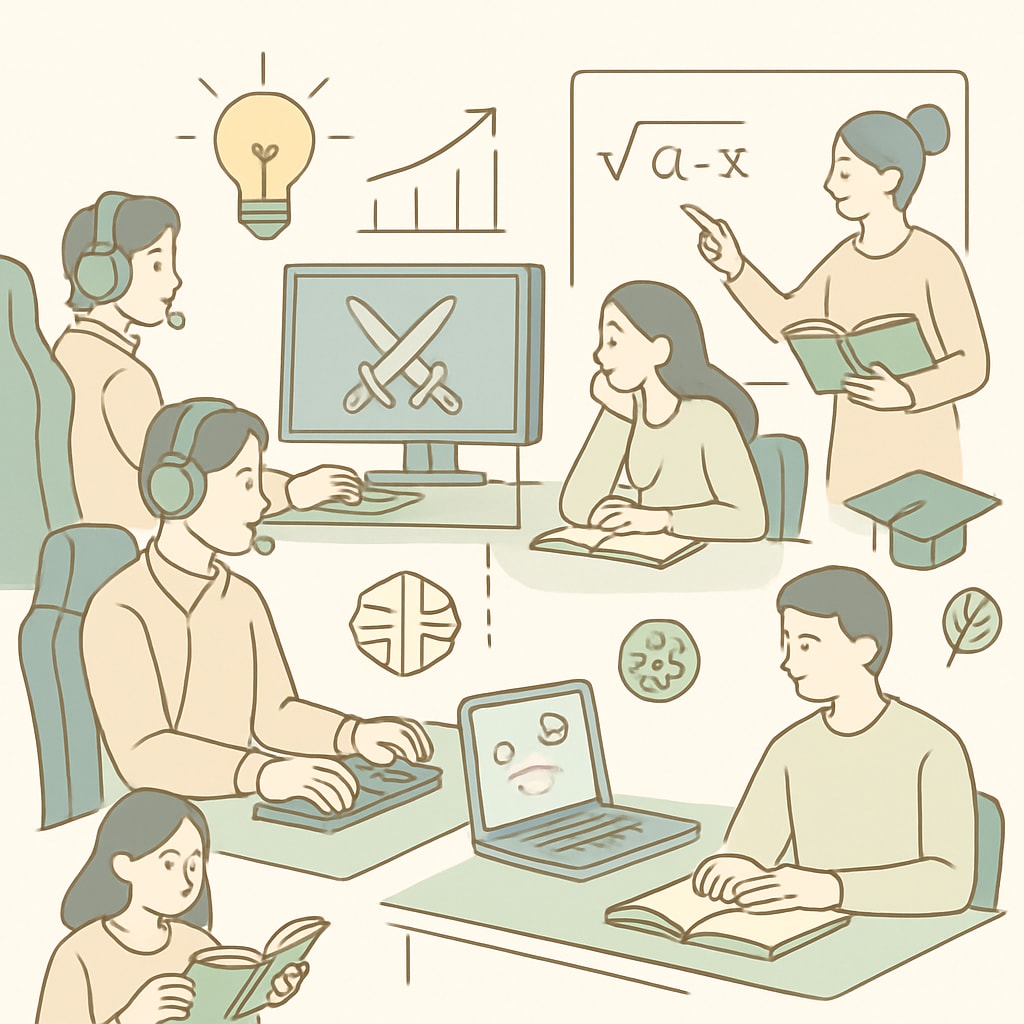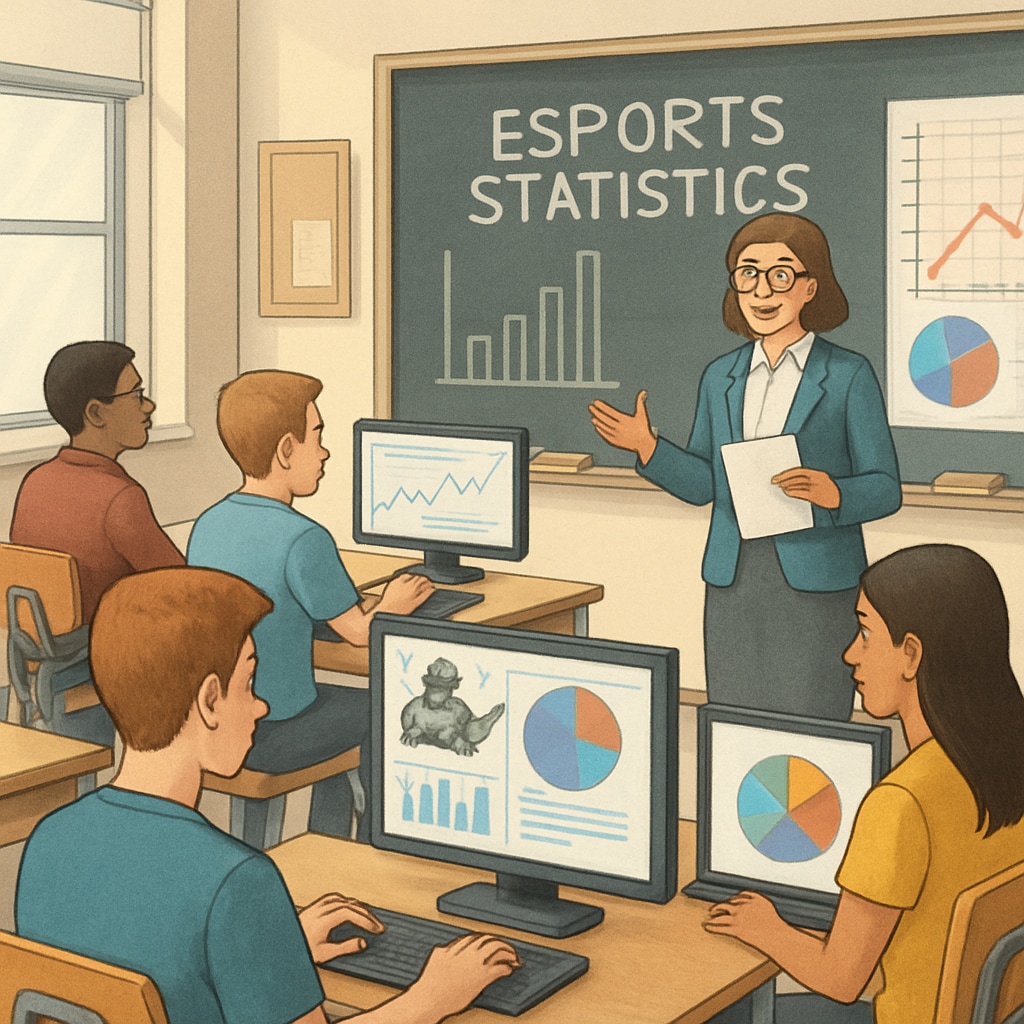Game-based learning, esports, and education are no longer separate concepts—they are converging to create a revolutionary approach to K12 education. Through the strategic partnership between GameClass and the North America Scholastic Esports Federation (NASEF), educators now have the tools to seamlessly integrate esports with core academic subjects. This groundbreaking collaboration impacts over 9,000 esports clubs worldwide, ushering in a new era of learning that combines the excitement of gaming with academic rigor.

Redefining Digital Learning for the Next Generation
In the digital age, traditional teaching models often struggle to engage students effectively. Esports, with its global appeal and interactive nature, provides a unique opportunity to bridge this gap. GameClass and NASEF have developed a curriculum that leverages esports as a contextual framework for teaching subjects such as mathematics, science, language arts, and even social-emotional skills. For example, students can explore probability through game strategies or improve teamwork and communication by collaborating in competitive gaming environments.
This innovative model not only enhances student engagement but also prepares them for future careers in the digital economy. According to a study on game-based learning on Wikipedia, integrating play into education improves problem-solving, critical thinking, and creativity—skills essential for success in the modern workforce.
How Esports Clubs Are Transforming Learning Environments
Esports clubs have become hubs of learning innovation. By incorporating educational content into gaming contexts, these clubs offer students a unique blend of fun and academic growth. GameClass provides resources that enable educators to design lesson plans around popular games, ensuring relevance and relatability for students. For instance, a biology teacher might use a survival game to teach ecosystems and biodiversity, while a history teacher could explore historical narratives through strategy games.

Moreover, esports clubs foster important soft skills such as leadership, collaboration, and ethical decision-making. As a result, students not only excel academically but also develop interpersonal skills that are critical for real-world success. According to Britannica’s article on esports, the industry’s rapid growth offers abundant opportunities for students to explore career paths in fields like game design, broadcasting, and event management.
Challenges and Opportunities in Game-Based Education
While the fusion of esports and education presents exciting opportunities, it also comes with challenges. Teachers may require training to effectively incorporate gaming into their lesson plans, and schools may need to invest in technology to support esports activities. However, these hurdles are outweighed by the long-term benefits of engaging students in meaningful, modernized learning experiences.
As more schools adopt this approach, the partnership between GameClass and NASEF serves as a model for how game-based learning can be implemented effectively. By focusing on both academic outcomes and student interests, this collaboration is setting a new standard for educational innovation in the 21st century.
Readability guidance: The article uses short paragraphs and clear transitions to ensure accessibility. Lists are used to summarize key points, while examples link gaming concepts to academic subjects. Active voice predominates, making the content engaging and direct.


